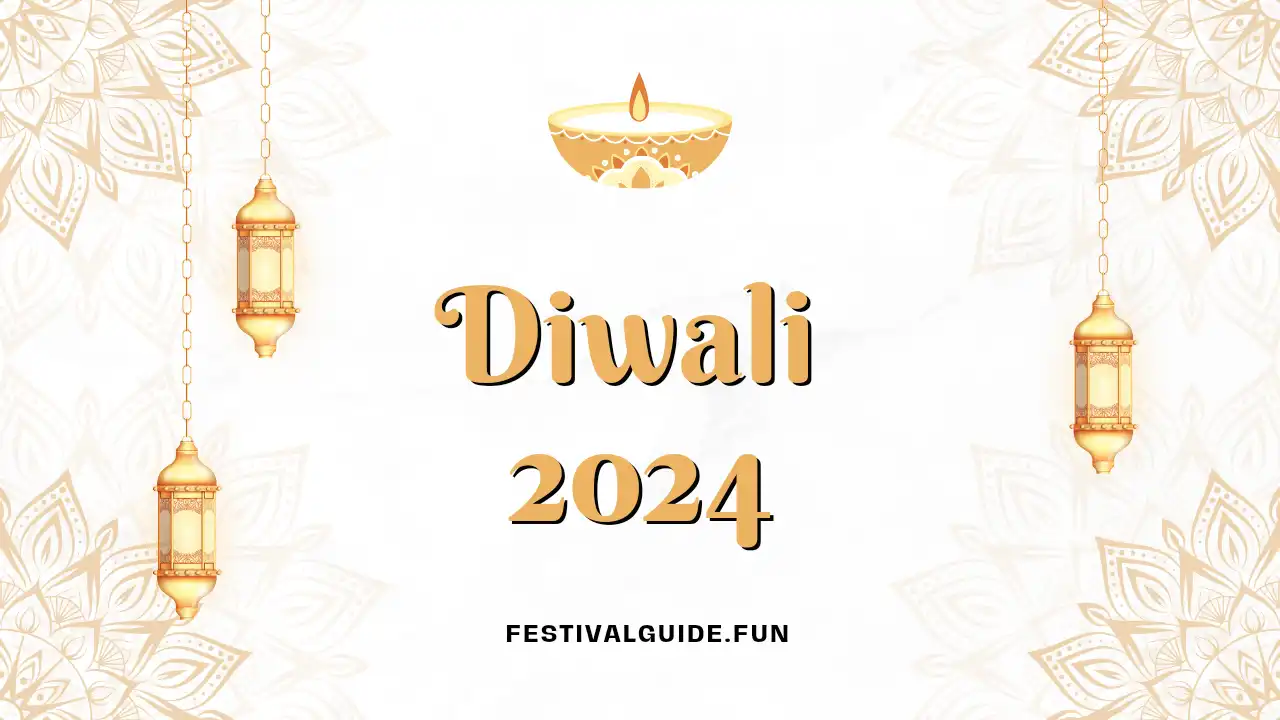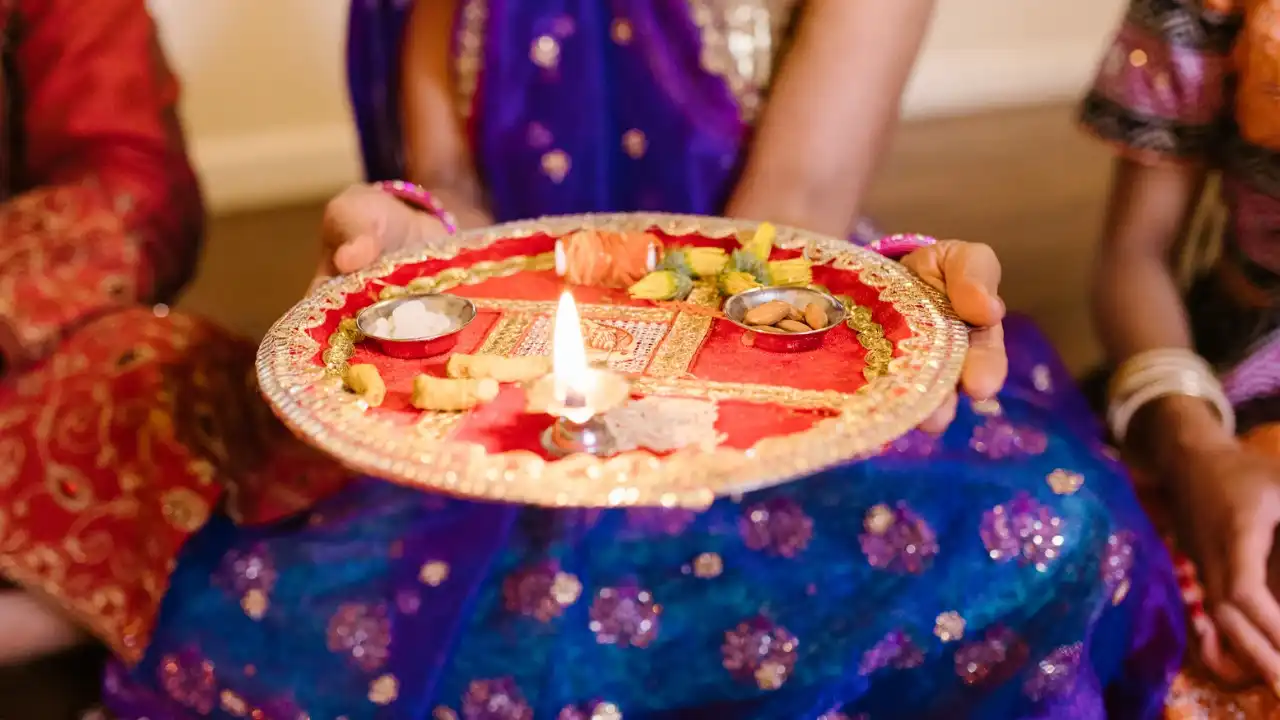What is Teej celebrated for?
Teej is also known as Kajari Teej. It is an important Hindu festival celebrated on the Tritiya Tithi of Krishna Paksha in the month of Bhadrapada. According to the information, Teej falls in the month of Shravan and is usually celebrated three days after Raksha Bandhan and five days before Krishna Janmashtami.
When is Kajari Teej in 2024?
When Teej is celebrated each year depends on the cycle of the moon. This festival is celebrated in India every year during the monsoon season in July or August. This year Kajari Teej is being celebrated today i.e. on 22 August, 2024. Teej is also known as Badi Teej, Kajali Teej, and Saturi Teej in some parts of India.
Where is Kajari Teej celebrated?
According to information, the festival of Kajari Teej is celebrated in many states, especially in the central and northern regions of the country – although only Haryana has an official public holiday on it.
Teej is celebrated in various states such as:
- Rajasthan
- Bihar
- Uttar Pradesh
- Punjab
- Haryana.
Moreover, Jaipur, the capital of Rajasthan, is home to some of the most famous Teej celebrations.
Why is Kajari Teej celebrated?
Teej symbolizes the relationship between Goddess Parvati and Lord Shiva. Furthermore, the festival symbolizes the unwavering devotion of the wife Parvati to her husband Shiva. When Indian married women seek their blessings during Teej, they do so as a means to a strong marriage and, for unmarried girls, a good husband.
Moreover, Teej is not only centered around a strong marriage but also the happiness and health of children.
Why was Teej named so
Teej is believed to be named after a small red worm that emerges from the ground during the monsoon season. According to Hindu mythology, it is believed that when this happened, Parvati moved to Shiva’s home. Thus, a relationship was established between them as husband and wife.
Women wear their best clothes during Teej, apply mehendi on their hands, and sing many songs associated with the festival. In addition, they not only swing on swings hung from the branches of large trees but also enjoy fasting and lavish, sumptuous feasts.
Teej is not just centered on marriages and family ties, it is also centered on monsoons as it gives people respite from the scorching heat of the summer months.




Post Comment